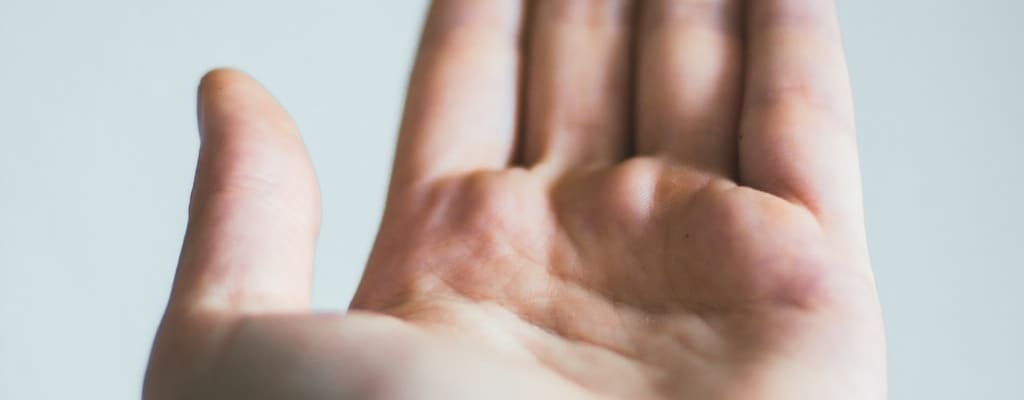zip one’s lip: Idiom Meaning and Origin
What does ‘zip one's lip’ mean?
The idiom "zip one's lip" means to keep quiet or stop talking, often to avoid revealing a secret or to prevent oneself from saying something inappropriate or unnecessary.

Idiom Explorer
The idiom "watch one's mouth" means to be careful about what one says, especially to avoid saying something offensive or disrespectful. It emphasizes the importance of choosing words wisely and being mindful of the impact they may have on others.
The idiom "tight lips" means to keep a secret or to not reveal information. It suggests that someone is keeping their mouth closed and withholding any details or thoughts.
The idiom "tight-lipped" means to refuse to speak or to keep quiet about something. It implies a sense of secrecy or unwillingness to reveal information.
The idiom "shut one's trap" means to be quiet or stop talking, especially when someone is being annoying or saying something unwanted. It is a colloquial expression that can be considered rude or impolite in certain contexts.
The idiom "shut one's mouth" means to stop talking or to keep quiet, usually in response to a command or to avoid saying something inappropriate or offensive.
"Shut one's gob" is an idiom that means to be quiet or stop talking. The word "gob" is a slang term for mouth, so the phrase is a colorful way of telling someone to keep their mouth shut.
The idiom "shut one's face" means to stop talking or to be quiet. It is a rude and direct way of telling someone to be silent or stop speaking. This phrase is considered impolite and should be used cautiously, as it may offend or upset others.
The idiom "shut my mouth" means to remain silent or refrain from speaking, typically to prevent oneself from revealing a secret, expressing an opinion, or getting into trouble.
The idiom "put a lid on it" means to stop talking or expressing oneself, usually in response to someone being too loud, argumentative, or revealing information that should be kept secret. It is a figurative expression urging someone to close their mouth or keep their thoughts to themselves.
Unraveling the Enigmatic Origin
The idiom "zip one's lip" is a colloquial expression used in American English. It is commonly employed to suggest or advise someone to be quiet, to not speak or divulge information. The phrase "zip" refers to the sound made by a zipper when it is closed swiftly, while "lip" refers to one's mouth or the act of speaking.
The term "zip one's lip" is an example of idiomatic language, where the combined meaning of the words differs from the literal interpretation of each word. This idiom is believed to have originated in the early 20th century, gaining popularity in the United States.
The idiom highlights the notion of silence or secrecy, encouraging individuals to refrain from talking or revealing unwanted information. It is often used when maintaining confidentiality, discretion, or avoiding trouble is desired. The phrase is commonly used in informal conversations, as well as in literature, movies, and other forms of media.
Furthermore, "zip one's lip" often carries a tone of urgency or emphasis, implying the need for immediate action in ceasing speech. It can also possess a cautionary connotation, advising individuals to restrain themselves from saying something that could be harmful or problematic. The idiom's brevity and straightforwardness contribute to its widespread usage and recognition among English speakers.
The idiom "button one's lip" is closely related to "zip one's lip" and conveys a similar message. It is often used interchangeably with "zip one's lip" to emphasize the importance of remaining silent or keeping information confidential. "Button one's lip" also originated in the early 20th century and is commonly used in American English.
Similarly, the idiom "one's lips are sealed" is used to imply that someone is unwilling or unable to speak or disclose information. It signifies a commitment to silence or secrecy, often in response to a direct question or request for information. This idiom is widely recognized and used in various contexts.
An alternative form of the idiom is "keep one's lips sealed," which means to purposefully keep quiet, especially when it comes to sharing sensitive or confidential information. It is often used as an instruction or advice to maintain secrecy and avoid any potential consequences that may arise from speaking out.
Another related idiom is "keep one's mouth shut," which has a similar meaning to "zip one's lip." It advises someone to stay silent or not reveal certain information. This idiom can be used in various situations, ranging from casual conversations to more serious contexts where discretion and confidentiality are crucial.
Overall, the idiom "zip one's lip" and its related idioms such as "button one's lip," "one's lips are sealed," "keep one's lips sealed," and "keep one's mouth shut" all convey the message of remaining silent or keeping information confidential. They are commonly used in American English and serve as a reminder of the importance of discretion and avoiding unnecessary trouble.
Example usage
Examples of how the idiom "zip one's lip" can be used in a sentence include:
- When asked about the incident, she wisely decided to zip her lip.
- If you want to avoid trouble, it's best to zip your lip when your boss is angry.
- He couldn't resist gossiping, even though he knew he should zip his lip.
More "Silence" idioms



